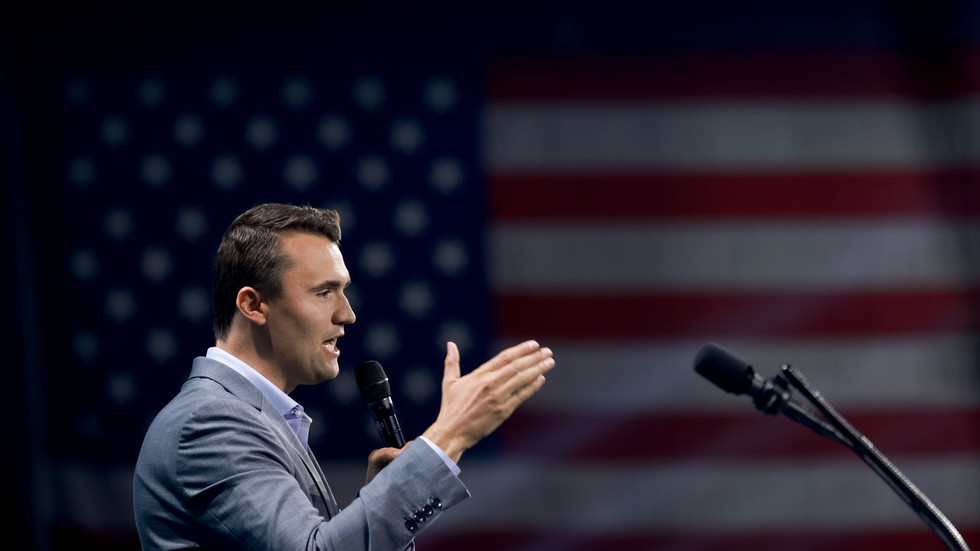Nigerian media personality Uriel Oputa has sparked conversation after urging music producer Don Jazzy to reevaluate his approach to romantic relationships. The former Big Brother Naija contestant addressed the Mavin Records founder’s recent disclosure about his inability to commit to monogamy, suggesting a shift in perspective could reshape his outlook.
The discussion stems from Don Jazzy’s candid admission about his reluctance to pursue long-term sexual exclusivity, a statement that circulated widely in Nigerian media. During a recent episode of The Outside the Box Podcast, Oputa, known for her outspoken views, linked the music executive’s stance to his dating preferences. She argued that prioritizing physical attraction over compatibility might explain his reluctance to settle with one partner.
“Don Jazzy is an incredible person, but his choice of partners could be influencing his views,” Oputa remarked, emphasizing admiration for his character while critiquing his romantic philosophy. “If he explored relationships with women valued for their mindset rather than appearance alone, he might reconsider.” Her comments expanded into broader social observations, asserting that many Nigerian men struggle with commitment due to superficial dating standards. “When connections are built solely on physical traits, it’s easy to drift toward newer attractions,” she explained. “Substance—shared values, intellect, character—creates lasting bonds.”
Oputa’s critique touches on recurring debates about modern relationships in Nigeria, where cultural expectations often intersect with evolving notions of love and partnership. While Don Jazzy has not publicly responded to her remarks, the exchange highlights broader discussions about how societal norms shape individual choices. As a prominent figure in Africa’s entertainment industry, his personal disclosures frequently attract public analysis, reflecting widespread interest in the private lives of celebrities.
The conversation also underscores the role of public figures in challenging or reinforcing societal trends. Oputa’s advice, framed as both personal and observational, invites reflection on whether shifting priorities in romantic pursuits could foster more fulfilling partnerships. For now, the dialogue remains speculative, hinging on unverified assumptions about Don Jazzy’s private life. Yet it resonates with audiences navigating similar questions about balancing attraction, compatibility, and commitment in an increasingly image-conscious world.
As reactions to the podcast episode circulate, the discourse amplifies larger questions about authenticity in relationships—a theme transcending geographical and cultural boundaries. Whether or not Don Jazzy takes Oputa’s advice, the exchange serves as a reminder of the complexities surrounding love, choice, and societal influence in contemporary dating landscapes.



